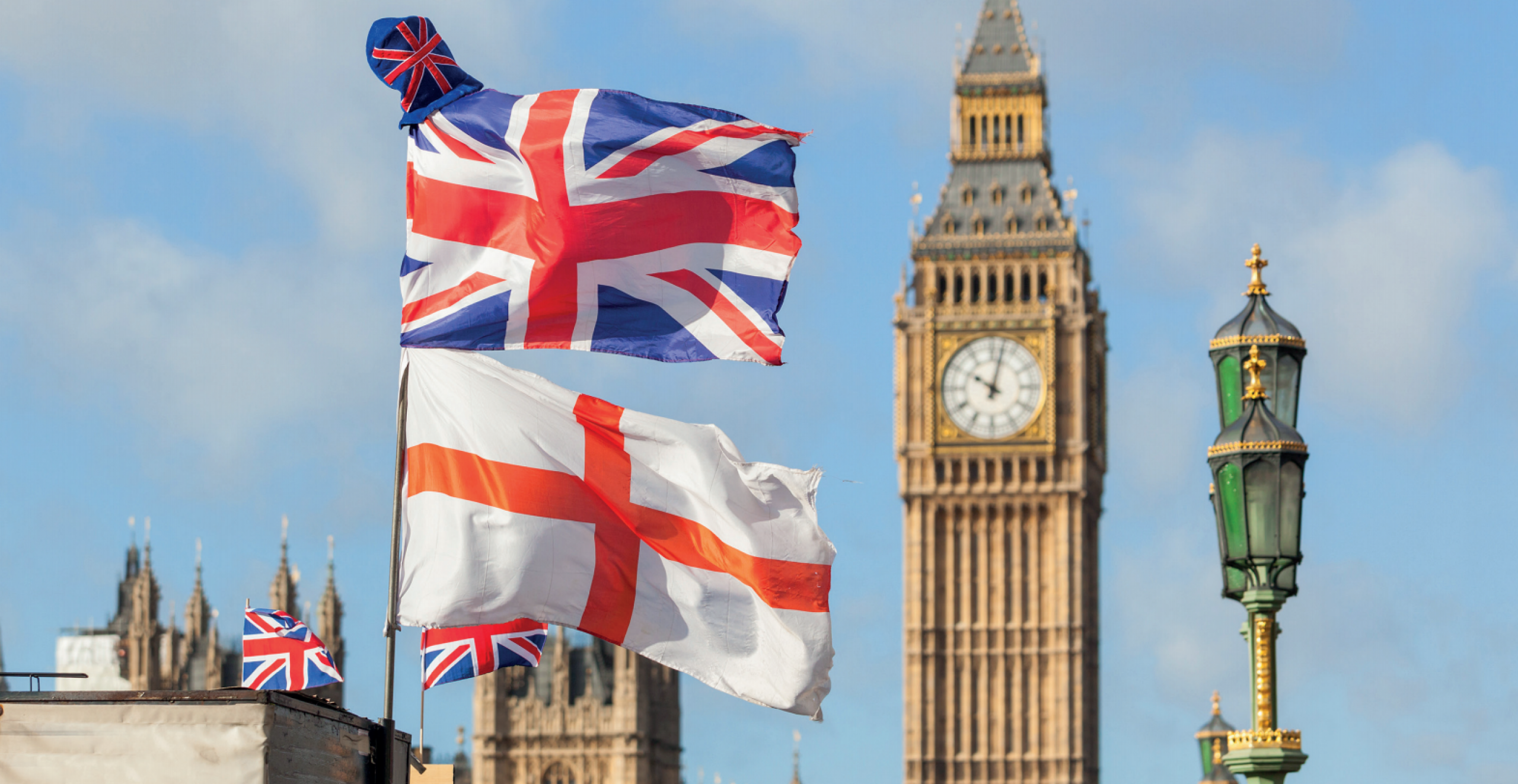Labour’s unavoidable English Question
In 2015, the Conservative government implemented ‘English Votes for English Laws’ (or EVEL) in the House of Commons as a way of responding to the ‘English Question’. Labour, by contrast, has had relatively little to say in this area – but were the party to form a government in the near future, it would be required to take some tough decisions. In this post, Michael Kenny assesses the possible routes forward for how Labour might respond to EVEL, in particular, and broader questions about English governance and devolution across the UK.
Brexit and its potential implications saturate British politics. But attention has lately shifted away from some of the complex constitutional questions which were aired in the days and months before the UK’s negotiations with the EU began. These include the thorny issue of how the UK government will handle the very different perspectives on Brexit which are held by the governments of Northern Ireland, Scotland and Wales – which will move back to the foreground when the government formally requests the consent of the Scottish and Welsh parliaments for the European Union (Withdrawal) Bill currently passing through the Westminster parliament. Whether Labour in Wales and Scotland opt to oppose Brexit will be of particular importance in political terms.
A related, but distinct, issue which all of the main parties will have to consider soon is how those parts of the complex body of coming legislation which affect England in distinct ways, will fare. And this in a context where it is still taken as given, in Westminster at least, that the UK government can represent the interests of the entire UK and England at the same time, even when the current administration depends for its survival upon a small party that is based in Northern Ireland only.
The previous Conservative government introduced a complex and convoluted system – known as ‘English Votes for English Laws’ (or EVEL) – to handle such legislation, and sought to make political capital out of its ability to answer the English Question – one of the great Cinderella issues of British politics.
